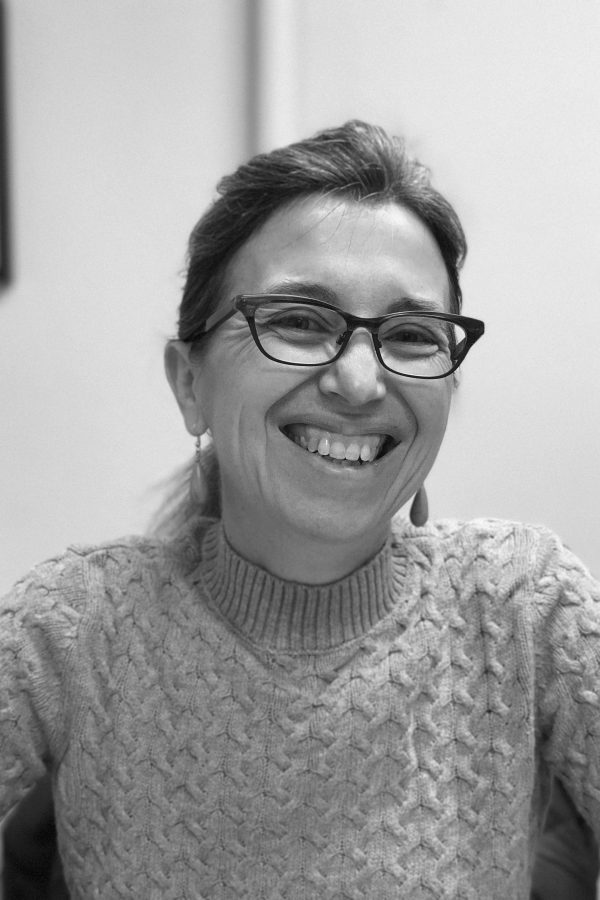Building a Strong Language Foundation
Language teachers continuously pursue new avenues of learning
Communication, intelligence, cultural appreciation, and empathy. These are just a few things that set language classes apart from the rest of the student itinerary.
Although language classes can often feel like one more item on the checklist to impress colleges, learning and teaching a different language has become the passion of twelve teachers in particular at the Upper School.
Lina Jin, Chinese teacher, describes, “I have always been interested in languages. It has always been language. This is the passion of my life.”
As learning a language helps with communication skills and building relationships, it is no surprise that many people have found it to be the one true passion of their lives.
Pachao Yajcherthao, French teacher, explains that “languages are a successful key to communication” and describes how language has played an important role in her life. Yajcherthao says, “I have always loved languages… My maternal language was Hmong, and I grew up learning French and then in high school I took Spanish, German and Latin. I have just always loved language.”
Language Department Chair Agnes Matheson, who was born and grew up in Spain, describes how “Europe is a place where in a much smaller geographic area you have so many languages that [being bilingual is] an impending necessity. There’s so many exchanges of all kinds that knowing languages is nothing but an asset.”
In a world that is continuously becoming a more global community, and in a country like the United States where many people’s native languages are not English, by speaking just one language we miss the opportunity to fully understand other cultures.
Yajcherthao adds, “I think language is essential to education because it opens up multiple perspectives and an appreciation for other cultures.”
Many Blake students have a lot of opportunities to travel to other countries, but as Matheson puts it, “If you visit a place and you don’t know the language, you learn some things, absolutely, but in a way if you don’t speak the language you stay at a different level of connection with people.”
Spanish teacher Jon Dicus explains that when he first started studying French in seventh grade he “didn’t necessarily see the value,” but as he continued to study the language he began to see the many rewards that learning another language can bring.
There really is good reason behind why colleges like to see four or more years of foreign language because it is a invaluable experience that allows for the growth of important communication skills and the shaping of a global citizenry.

My name is Matt, and I am an Opinions editor. In my free time I enjoy spending time with friends and playing basketball and lacrosse.





